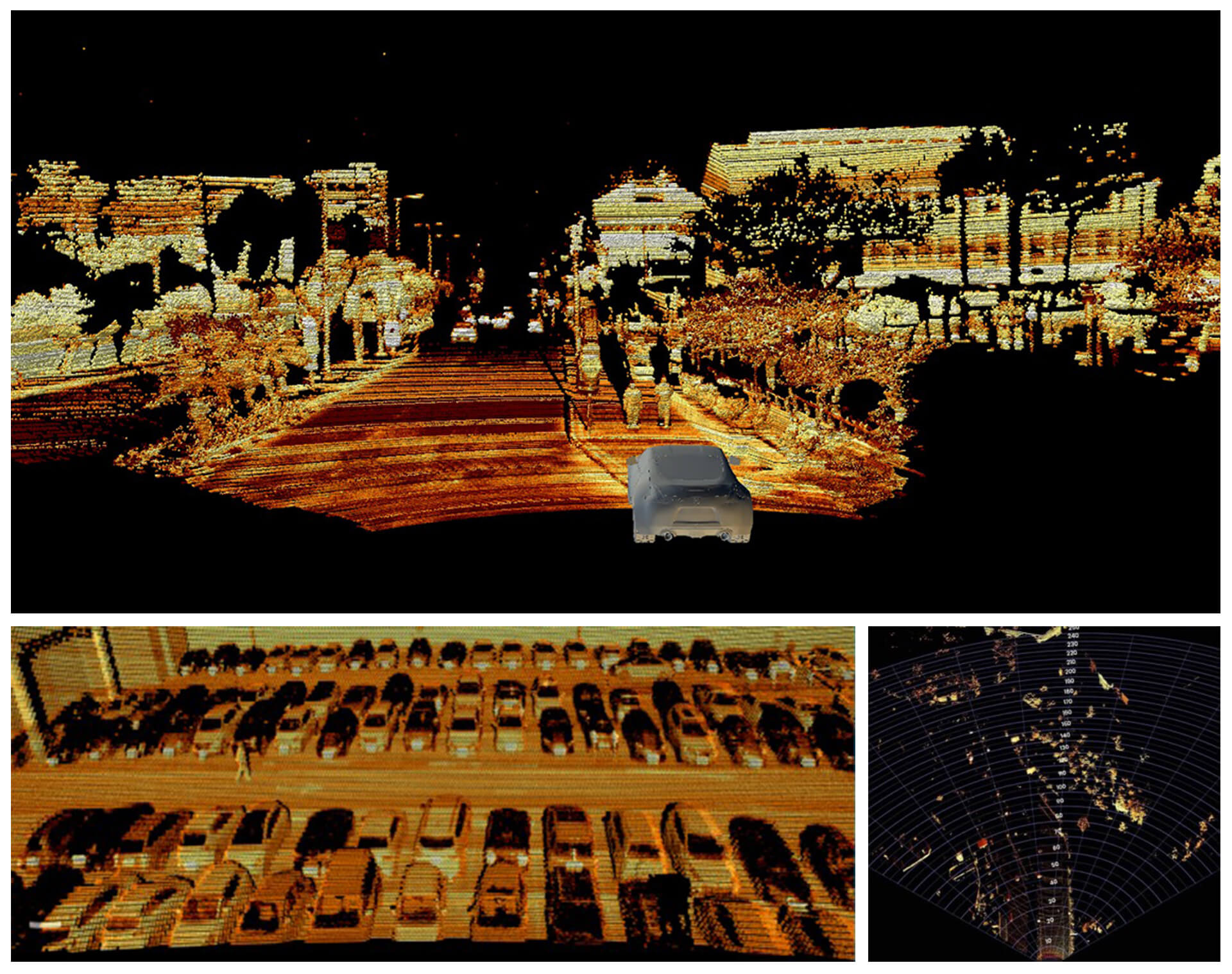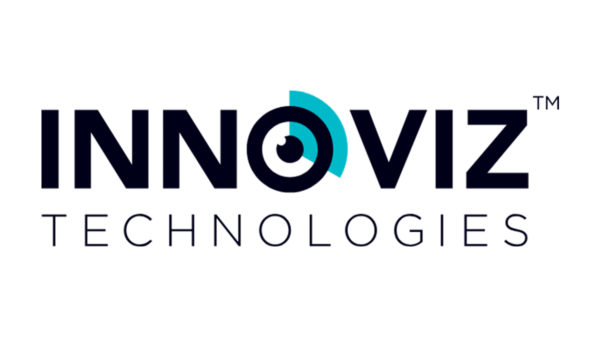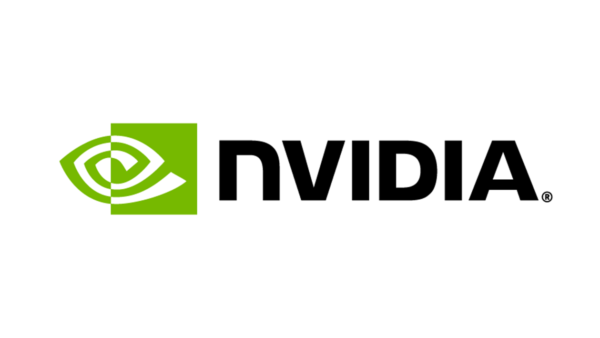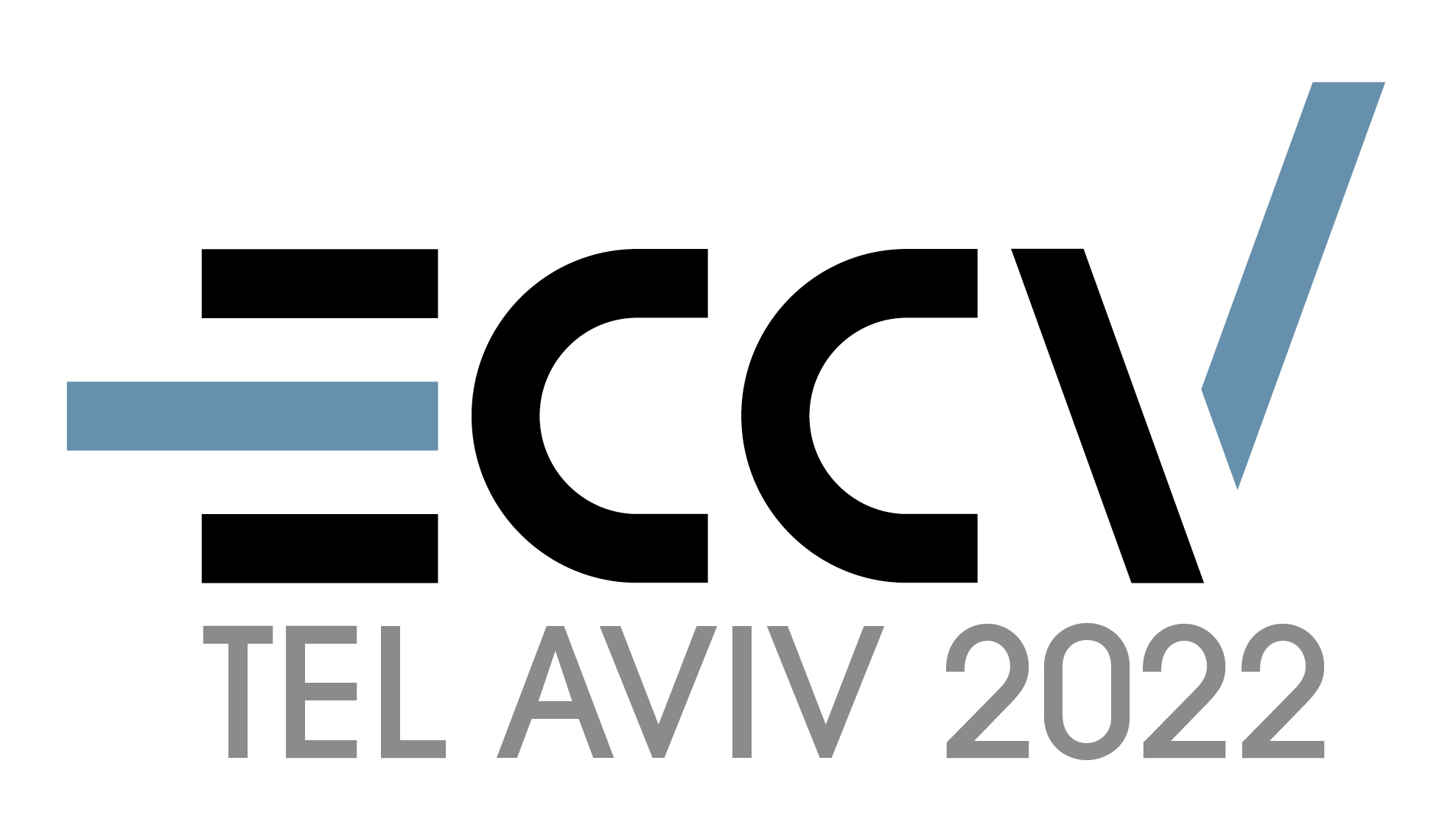The LiDAR Self-Supervised Learning Challenge: Learning From a Limited Amount of High-Resolution LiDAR data.
Background:
Learning to perform 3D perception using LiDAR data is important for safe autonomous driving as it provides information that is not available in regular RGB imaging. Yet, as in any learning problem, data collection and annotation is important for achieving good performance. For newly introduced systems, it takes time till large amounts of data is being collected and annotated. For example, recently, Innoviz introduced its new InnovizTwo LiDAR that provides 3D measurements with a better range and resolution compared to existing LiDARs, and now the interesting question is – what can be done when only a small amount of high-resolution data is available?
To meet this challenge, various techniques have been developed over recent years, the most significant ones being (i) domain adaptation that relies on existing data of other sources; (ii) self-supervised learning that learns good representations without using annotations.
In our challenge, we will focus on the above (ii), to resolve the situation where only a limited amount of data is available. The goal of our challenge is to perform object detection on the InnovizTwo data, using a limited amount of LiDAR frames, where only a small fraction of them is annotated. Participants are allowed to use external data in addition to the data provided in the challenge, provided that they mark it in their submission.
The Challenge:
A dataset with 1200 LiDAR frames from a large variety of scenarios will be provided, with only 100 annotated frames . The target classes of interest are cars, trucks (including trailers and buses), two-wheelers (motorcycles/bicycles) and pedestrians. The performance will be measured using the standard measures that are common in other benchmarks. A development kit based on the openPCDet repository is provided. Using the kit, participants can read the data, visualize it and run evaluations. The submission evaluation will be done by a submission server. Each submission is expected to include a two-page report summarizing the solution, along with the code . Please note, the report will be posted in the workshop website (non-archival). The authors may decide to opt-out and not publish their work on the website.
Dataset and Development Kit:
To download the InnovizTwo dataset and the development kit please use the following repository https://github.com/InnovizTechnologies/InnovizECCVToolKit
Link to the submission server will be released soon.
Challenge submission deadline:
October 15, 2022
Award:
The Challenge Award will soon be announced. The best two submissions will be invited to present their solution at the workshop.



